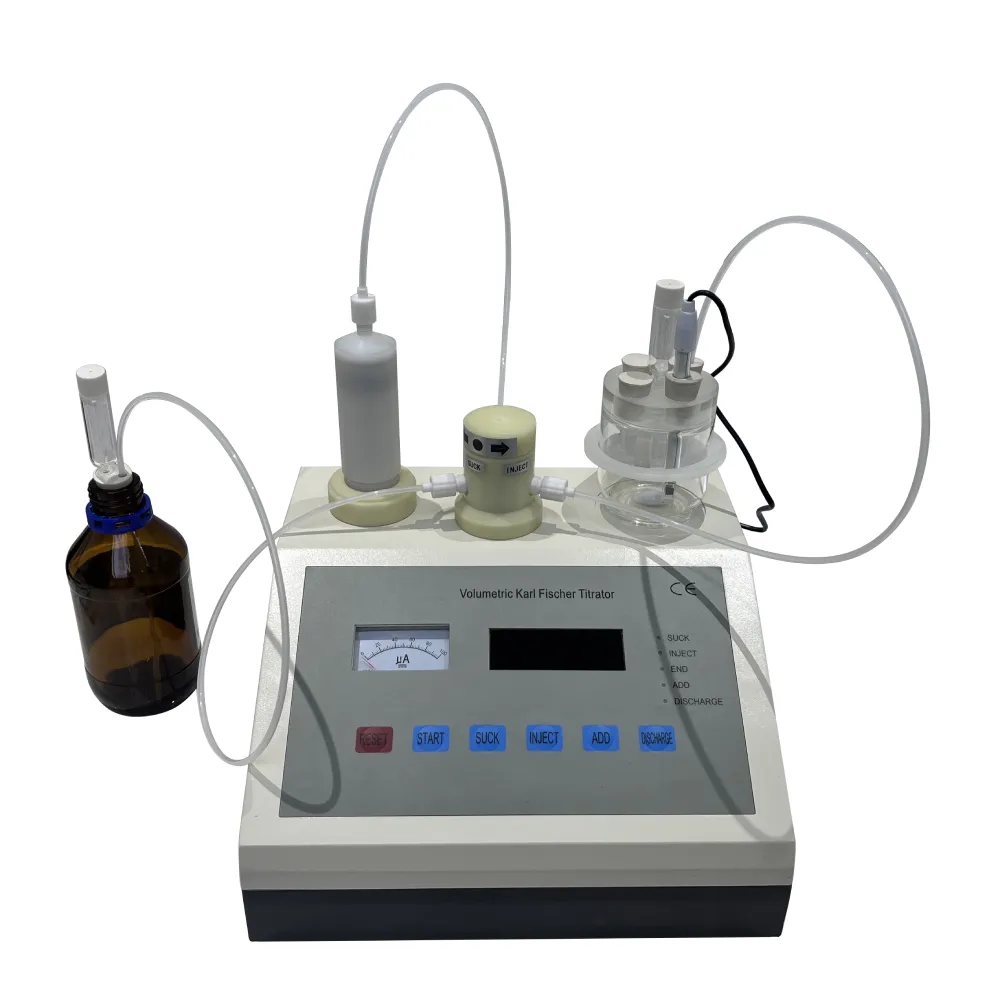 English
English


power transformer testing and commissioning
Power Transformer Testing and Commissioning
Power transformers are critical components in electrical power systems, serving to step up or step down voltage levels between transmission lines and distribution systems. Their reliability and performance are paramount, and thorough testing and commissioning are essential to ensure their optimal operation.
Testing of power transformers typically occurs both before and after installation. Factory acceptance tests (FAT) are performed to verify that the transformer meets specified technical and operational standards. These tests include insulation resistance measurements, transformer turns ratio (TTR) testing, and power factor testing. Insulation resistance tests evaluate the integrity of the insulation system, while TTR testing ensures that the ratio of the primary to the secondary winding is accurate, which is crucial for proper voltage transformation.
Once the transformer is delivered to the site, further testing occurs during the commissioning phase. This includes site acceptance tests (SAT), which often involve a series of diagnostic assessments to ensure that the transformer operates correctly under actual operational conditions. Tests such as dielectric testing, sweep frequency response analysis (SFRA), and circuit breaker functional tests are conducted. Dielectric testing involves applying high voltage to assess insulation integrity, while SFRA identifies any winding movement or mechanical stress that may have occurred during transport.
power transformer testing and commissioning

Commissioning also involves operational checks. The transformer's connections, protective devices, and auxiliary systems must be verified to ensure they align with system design parameters. Proper grounding, cooling system functionality, and communication with control systems are critical aspects of the process.
After successful testing and verification, a detailed commissioning report is compiled. This document serves as a vital record of all tests performed, results obtained, and measures taken to rectify any issues identified.
In conclusion, power transformer testing and commissioning are critical processes that ensure the reliability and efficiency of electrical power systems. Thorough testing not only guarantees compliance with industry standards but also enhances the safety and longevity of transformers, thus contributing to the stability of the entire power grid. By investing time and resources in comprehensive testing and commissioning, utilities can significantly reduce the risk of transformer failures and improve overall system resilience.
-
Differences between open cup flash point tester and closed cup flash point testerNewsOct.31,2024
-
The Reliable Load Tap ChangerNewsOct.23,2024
-
The Essential Guide to Hipot TestersNewsOct.23,2024
-
The Digital Insulation TesterNewsOct.23,2024
-
The Best Earth Loop Impedance Tester for SaleNewsOct.23,2024
-
Tan Delta Tester--The Essential Tool for Electrical Insulation TestingNewsOct.23,2024





